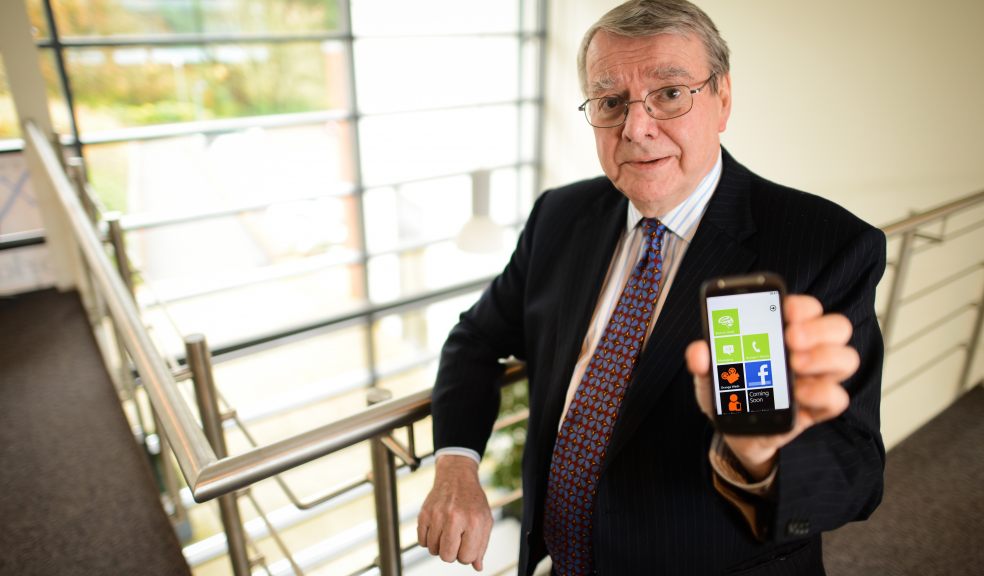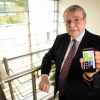
New technology to help people with Asperger’s
Brain-in-Hand Ltd, a company based at Exeter University, has developed a personal technology system to assist people with Asperger’s Syndrome, high-functioning autism, acquired brain injury and a number of other conditions with their day-to-day living.
The system uses SmartPhones linked to a central server, enabling individuals to pre-plan responses to a variety of situations, to track responses made and to record anxiety levels - where necessary triggering an immediate response from a support team.
Following a successful initial trial at the University of Portsmouth in 2010 the company has invested in extensive development of its software and the Brain-In-Hand has now been through a 12-month trial with the Devon NHS Partnership Trust. It is now being deployed by this and two other NHS trusts and by a number of mainstream schools for use with students who have Asperger’s Syndrome.
Brain-In-Hand uses a system of activity mapping, where users, in conjunction with a mentor, develop their own bespoke solutions to problems they may face in their daily lives. Data entry using a PC, laptop or tablet is simple and schedules can be copied from one day to another and then adjusted as necessary. This information is automatically loaded on to the SmartPhone.
Users are asked to record their anxiety levels using a simple traffic light system. Synchronisation between the SmartPhone and the server automatically alerts a support team if a user needs immediate assistance and also provides a record of decisions taken.
“People with conditions such as Asperger’s, which affect the executive function of the brain, can often find responding to unexpected situations difficult, leading to a rapid rise in anxiety levels,” says Andrew Stamp, the CEO of Brain-In-Hand.
“With this technology, they have instant access to a set of potential solutions, or alternatively they can call for help through the traffic light system, which relays real-time information to the support team who can intervene immediately if necessary.
“Use of the SmartPhone technology makes use of the system unobtrusive and this can help to take away some of the stigma that still surrounds some of these conditions - no one gives a person using a SmartPhone a second glance – and this removes one layer of anxiety for the individual concerned.
“Data from the system on decisions taken and anxiety levels reported can help users and their advisors to pinpoint the areas of most difficulty and develop ways of managing them.”
For more information, see www.braininhand.co.uk




















